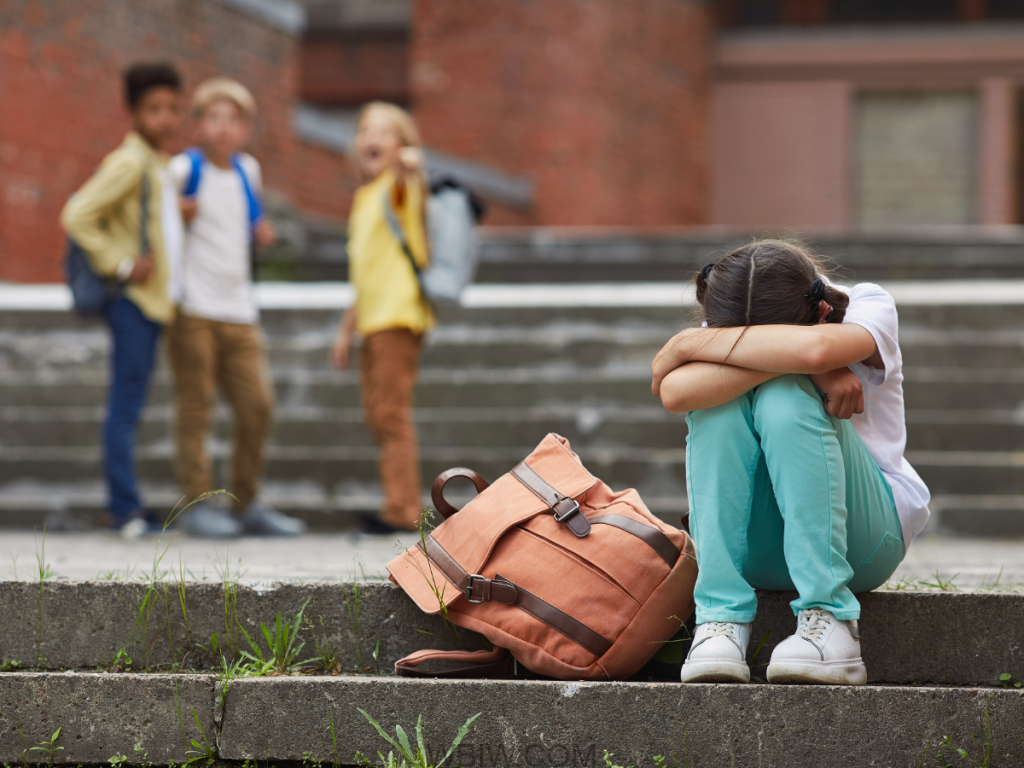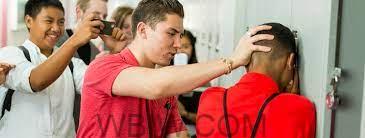
INDIANA – Kids who experience bullying are victims of injury or discomfort from peer teasing, harassment, and physical abuse. While some costs of bullying – school absenteeism, suicidal thoughts, and actions – have been documented, little research has been done on the two-way relationship between bullying and skill accumulation in children.

Miguel Sarzosa, an assistant professor of economics at Purdue University, finds that victimization depletes an average middle school child’s non-cognitive skills by 40 percent. This skill depletion causes the child to become 34 percent more likely to experience bullying again.

“Bullying triggers a self-reinforcing mechanism that opens the skill gap,” Sarzosa says. “This self-reinforcing mechanism creates a vicious cycle and an enormous burden on the bullied, and they carry this burden into adulthood.”
In his research paper “Victimization and Skill Accumulation: The Case of School Bullying,” forthcoming in the Journal of Human Resources, Sarzosa considers the cognitive and non-cognitive skill sets and skill accumulation processes of 3,449 school-aged kids, interviewed over six years, as part of the Junior High School Panel of the Korean Youth Panel Survey.

While bullying negatively impacts the development of both cognitive and non-cognitive skills, the effects of victimization are much more severe for non-cognitive skill accumulation.
Non-cognitive skills — also referred to as socioemotional or soft skills — including the ability to recognize and control emotions and reactions, establish and maintain positive relationships, make responsible decisions, and set and achieve positive goals. Sarzosa measures them using scales of locus of control, responsibility, and self-esteem. Cognitive skills are measured through academic performance on math, science, and language, and a comprehensive end-of-year exam.

Sarzosa finds that children who start middle school with less developed non-cognitive skills are more likely to be bullied – those scoring in the bottom 10 percent for non-cognitive skills are twice as likely to be bullied than those in the top 10 percent and are 36 percent more likely to be bullied than the average student.
This poses a serious problem. Kids who have been bullied experience a decrease in non-cognitive skills, skills they were already lacking. This snowball effect can continue into adulthood and puts those who experience bullying at higher risk for depression, substance abuse, and suicidal ideation.
Sarzosa points to two tools to reduce victimization’s negative effects: Invest in helping children develop non-cognitive skills at a younger age, and group students with similar non-cognitive skill levels. This classroom arrangement, he finds, decreases the likelihood of being bullied from 11.5 percent to 2.8 percent.
Information: Wolf Williams, Purdue University Research Center in Economics Communications Specialist
Source: Miguel Sarzosa, msarzosa@purdue.edu



